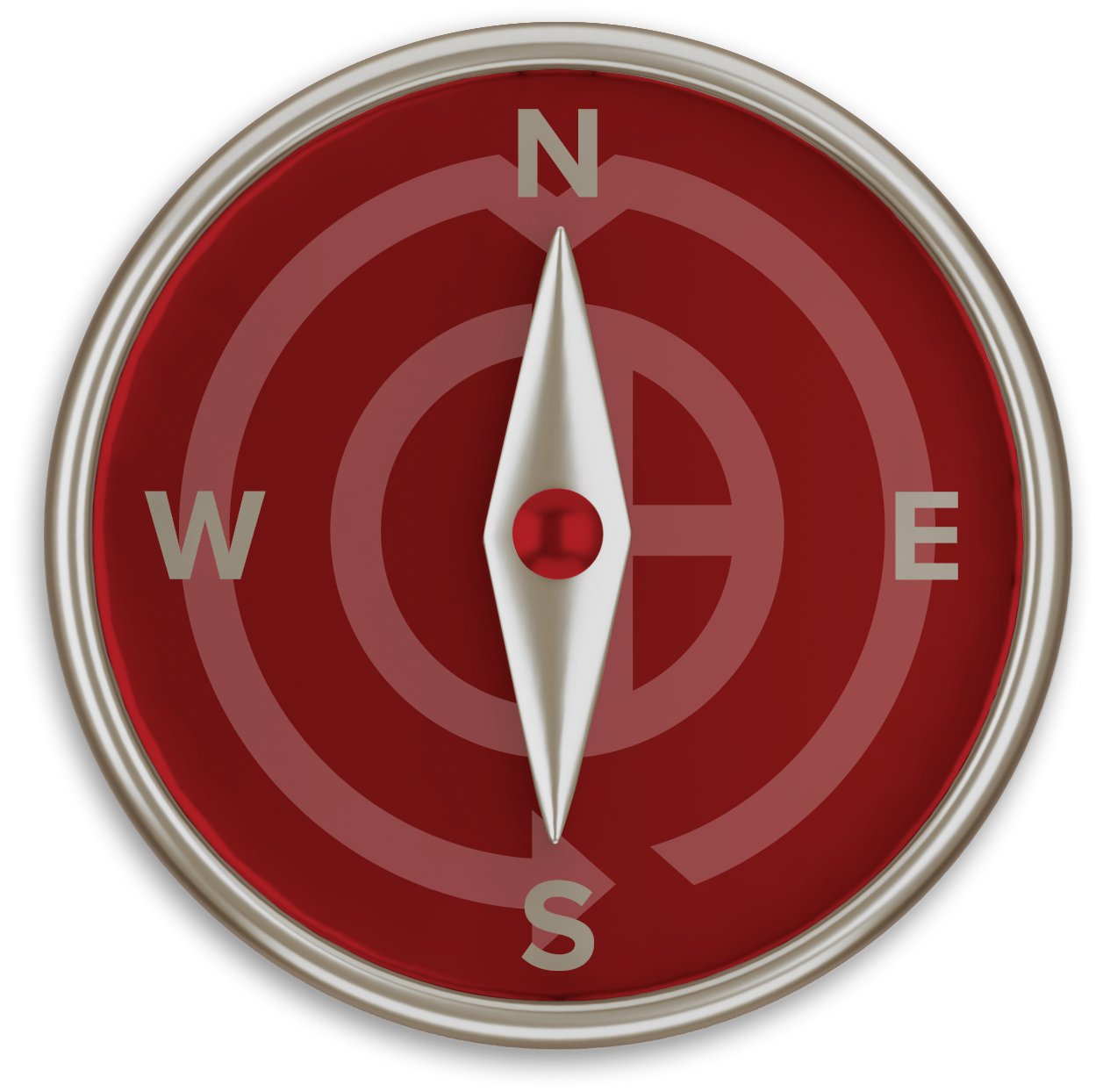BANKRUPTCY
CALL 888.718.DEBT (3328) FOR A FREE CONSULTATION!

Bankruptcy: Navigate Toward a Fresh Financial Start
If you’re struggling with overwhelming debt, bankruptcy can offer a way out. At Mitchell, Cunningham & Bowling, we specialize in helping individuals and families across Northeast Mississippi and West Tennessee find financial relief through Chapter 7 and Chapter 13 bankruptcy. Whether you’re seeking debt elimination or a manageable repayment plan, our experienced attorneys will guide you through every step of the process to help you regain control of your finances.
Chapter 7 Bankruptcy: Eliminate Unsecured Debts
Chapter 7 bankruptcy — also known as “liquidation bankruptcy” — is designed for individuals with limited income who need to discharge unsecured debts, such as credit card bills and medical expenses. When you qualify for Chapter 7, many of your debts can be completely wiped out, allowing you to get a fresh start.
How It Works:
- A Chapter 7 trustee is appointed to review your case and sell any nonexempt property (if applicable) to pay creditors.
- If you don’t have any nonexempt assets, your creditors receive nothing, and you get the relief you need without losing your essential belongings.
- This option is typically best suited for individuals with little or no disposable income and limited assets.
If you’re tired of feeling burdened by debt, Chapter 7 may be the solution to get you back on your feet. Contact us to find out if you qualify.
Chapter 13 Bankruptcy: Reorganize and Retain Your Property
Chapter 13 bankruptcy is ideal for individuals with a regular income who can repay a portion of their debts through a structured plan. This type of bankruptcy — often referred to as a “reorganization bankruptcy” — allows you to keep your property, including nonexempt assets, while making manageable payments over a three- to five-year period.
Benefits of Chapter 13:
- Catch up on missed mortgage or car payments, helping you avoid foreclosure or repossession.
- Pay off debts that cannot be discharged, such as child support or alimony arrears.
- Retain your property while repaying creditors through a court-approved plan.
Chapter 13 offers many advantages over Chapter 7, particularly if you own a home or other valuable assets and have a steady income to manage monthly payments. Our team can help you explore this option to ensure it fits your financial situation.

Why Choose Bankruptcy?
The bankruptcy process can be an empowering step toward a brighter financial future. Whether you’re considering Chapter 7 or Chapter 13, the benefits include:
DEBT RELIEF
Discharge unsecured debts that have been causing stress and worry.
PROTECTION FROM CREDITORS
Stop harassing phone calls, wage garnishments, and lawsuits with the automatic stay that goes into effect when you file.
PEACE OF MIND
Regain control of your financial life and take the first step toward long-term stability.
Plan Your Financial Future with Mitchell, Cunningham & Bowling
Filing for bankruptcy is a big decision, but it can offer a powerful path to financial recovery. Our attorneys have over 70 years of combined experience helping clients navigate the complexities of bankruptcy law. We’ll evaluate your situation and guide you through the process, ensuring that you receive the maximum benefits bankruptcy can provide.
Take the First Step Toward a Debt-Free Future
If you’re overwhelmed by debt and unsure where to turn, Mitchell, Cunningham & Bowling is here to help. Contact us today for a free consultation, and let us help you push the reset button on your financial future.
A Fresh Start is Just a Call Away!
We’re proud to serve the residents of Northeast Mississippi and West Tennessee, and we’re here to help you push the restart button on your financial future. Contact Mitchell, Cunningham & Bowling today for a free initial consultation, and take the first step toward debt relief and financial freedom.